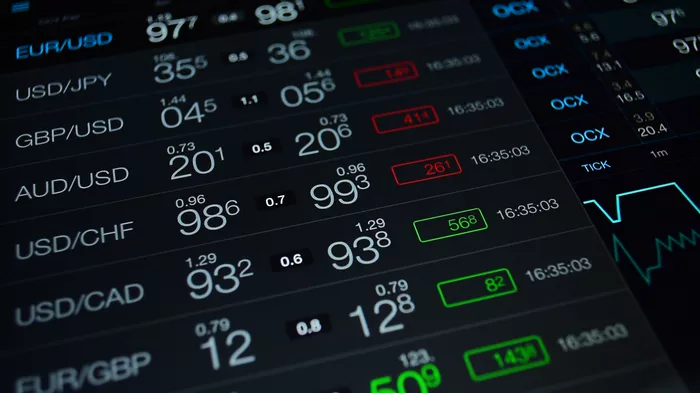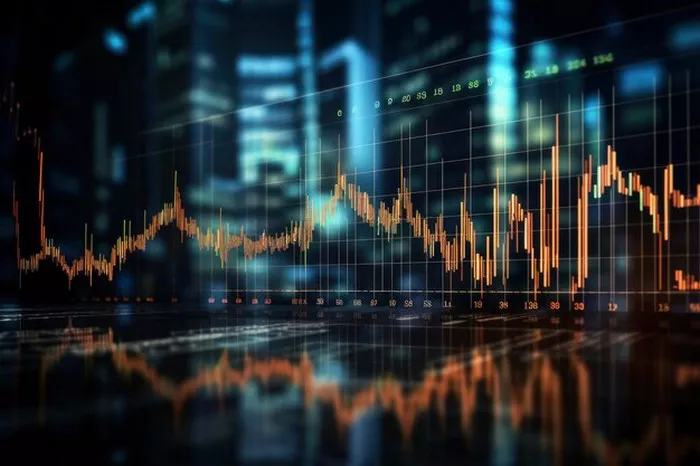Kraken, a leading cryptocurrency exchange, is exploring the use of nuclear energy to power its data centers in response to an anticipated boom in decentralized finance (DeFi) and increased service demand, according to Chief Technical Officer Vishnu Patankar in an exclusive interview with CoinDesk.
The company is not planning to build its own reactors but is instead considering partnerships with energy providers that can supply nuclear power through small modular reactors (SMRs). These reactors can be co-located with data centers, offering advantages over traditional power sources, including fewer space and weather constraints, Patankar explained.
“With institutions increasingly investing in crypto assets and more activity moving on-chain, the need for reliable fiat onramps is growing,” Patankar stated. “Enhancing our energy resiliency strengthens our direct access to the crypto ecosystem, supporting its continued growth.”
Kraken is seeking to secure its energy supply amidst soaring demand from artificial intelligence (AI) and high-performance computing (HPC) firms, which are altering the landscape of power stability, Patankar noted.
Kraken is considering nuclear power options in both North America and Europe.
“Given crypto’s 24/7, global nature, Kraken requires a constant energy supply, especially as we handle a larger share of global trading volumes,” Patankar said. The continuous operational demands and expected widespread crypto adoption necessitate scalable solutions for energy supply and latency, he added.
Nuclear Backup for Resiliency
Kraken’s exploration of nuclear energy aligns with a broader trend among tech companies seeking deals with nuclear operators to power data centers. The Wall Street Journal recently reported that firms like Amazon Web Services are increasingly securing contracts with nuclear plants to meet AI-related power demands.
The rising power consumption by AI companies has led some bitcoin miners to shift focus from crypto mining to infrastructure support. For instance, Core Scientific (CORZ) recently signed a deal with AI firm CoreWeave.
“A nuclear backup ensures Kraken’s operations remain uninterrupted even in the event of major local energy disruptions,” Patankar emphasized, adding that it provides redundancy and enhances energy resiliency, enabling Kraken to offer round-the-clock services to its global clientele.
Anticipating significant growth in DeFi, Kraken expects its energy requirements to increase substantially. Patankar noted that while a final decision has yet to be made, nuclear power is a strong contender, given the limitations of other alternatives like wind and solar, which are weather-dependent and face energy storage challenges.
The crypto industry is often criticized for its substantial energy consumption, particularly with proof-of-stake blockchains like Bitcoin requiring immense processing power. Although nuclear energy also faces criticism, it could offer a more environmentally friendly solution in this context. Excess energy generated by nuclear reactors can be utilized to power cooling systems for data centers, potentially improving overall energy efficiency.



























